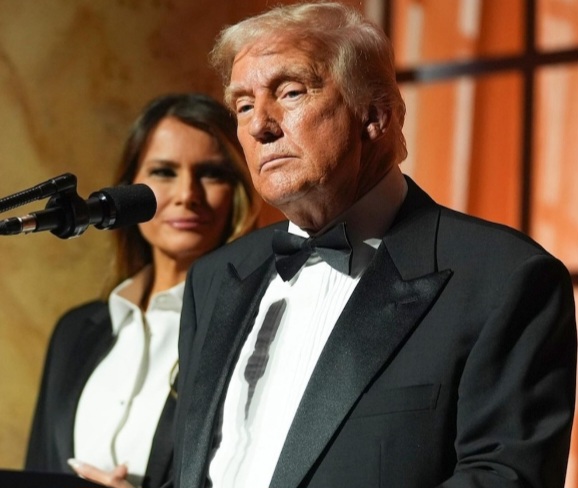On his first day back in the White House, President Donald Trump granted clemency to around 1,500 individuals convicted of crimes related to the January 6, 2021, Capitol attack.
The pardons fulfilled Trump’s long-standing promise to absolve participants of wrongdoing, including those convicted of violent offenses such as assaulting police officers and seditious conspiracy.
The executive order also directed the dismissal of pending cases against remaining defendants, effectively nullifying ongoing Justice Department prosecutions. Trump characterized the pardons as a necessary correction to what he called unjust treatment of the accused, describing the situation as “outrageous.”
Among those pardoned were high-profile figures such as Enrique Tarrio and Ethan Nordean, leaders of the Proud Boys, and Stewart Rhodes, founder of the Oath Keepers. Trump’s sweeping clemency drew criticism for undermining accountability for the assault, which resulted in significant damage, injuries to over 140 police officers, and financial losses exceeding $2.8 million.
While Trump defended the move as justice for those he claimed had been unfairly targeted, legal experts and law enforcement officials expressed concerns about the implications for public safety and the precedent it sets for addressing political violence.














